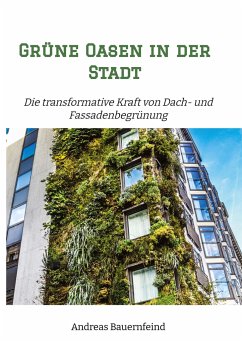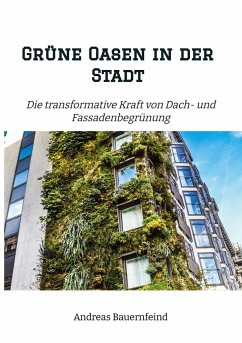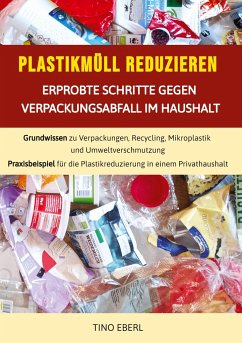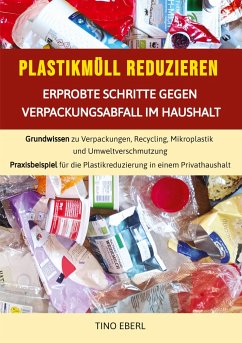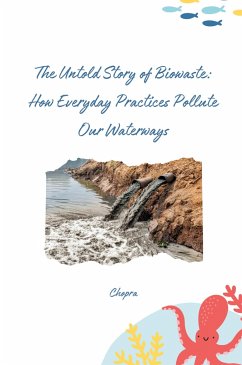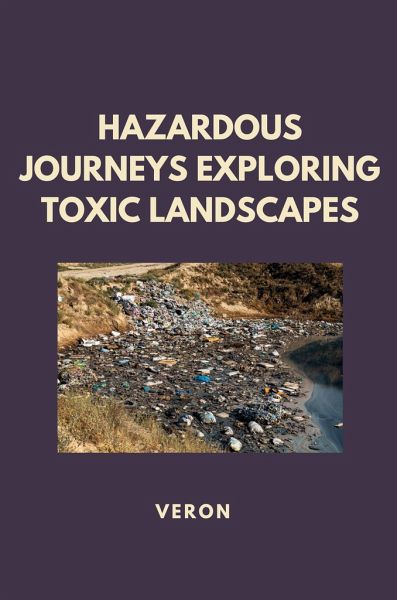
Hazardous Journeys Exploring Toxic Landscapes
Versandkostenfrei!
Versandfertig in 6-10 Tagen
26,10 €
inkl. MwSt.

PAYBACK Punkte
0 °P sammeln!
Venturing into the Hazardous: Delving into Toxic LandscapesThe exploration of toxic landscapes, places contaminated with toxic substances due to natural or human-induced causes, might seem paradoxical at first glance. Why would one willingly venture into danger and investigate areas that pose a threat to both humans and the environment?The motivations behind this scientific discipline are multifaceted, ranging from the pursuit of new knowledge to the protection of the environment and human health.Scientific Research: Unveiling the UnknownToxic landscapes offer scientists unique insights into t...
Venturing into the Hazardous: Delving into Toxic LandscapesThe exploration of toxic landscapes, places contaminated with toxic substances due to natural or human-induced causes, might seem paradoxical at first glance. Why would one willingly venture into danger and investigate areas that pose a threat to both humans and the environment?The motivations behind this scientific discipline are multifaceted, ranging from the pursuit of new knowledge to the protection of the environment and human health.Scientific Research: Unveiling the UnknownToxic landscapes offer scientists unique insights into the intricate interactions between the environment, organisms, and pollutants. By studying these areas, they can gain new knowledge about the toxicity of pollutants, their effects on ecosystems, and the resilience of organisms.This research can lead to a better understanding of the processes that contribute to environmental pollution and its consequences. As a result, new methods can be developed for decontaminating contaminated sites and developing more resistant plant and animal species.Historical Significance: Lessons from the PastThe exploration of toxic landscapes also holds significant historical importance. Many of the areas studied today were sites of past environmental disasters or industrial pollution.By analyzing pollutants and their impacts on the environment, scientists can draw conclusions about the consequences of human activities and thus contribute to preventing similar catastrophes in the future.








